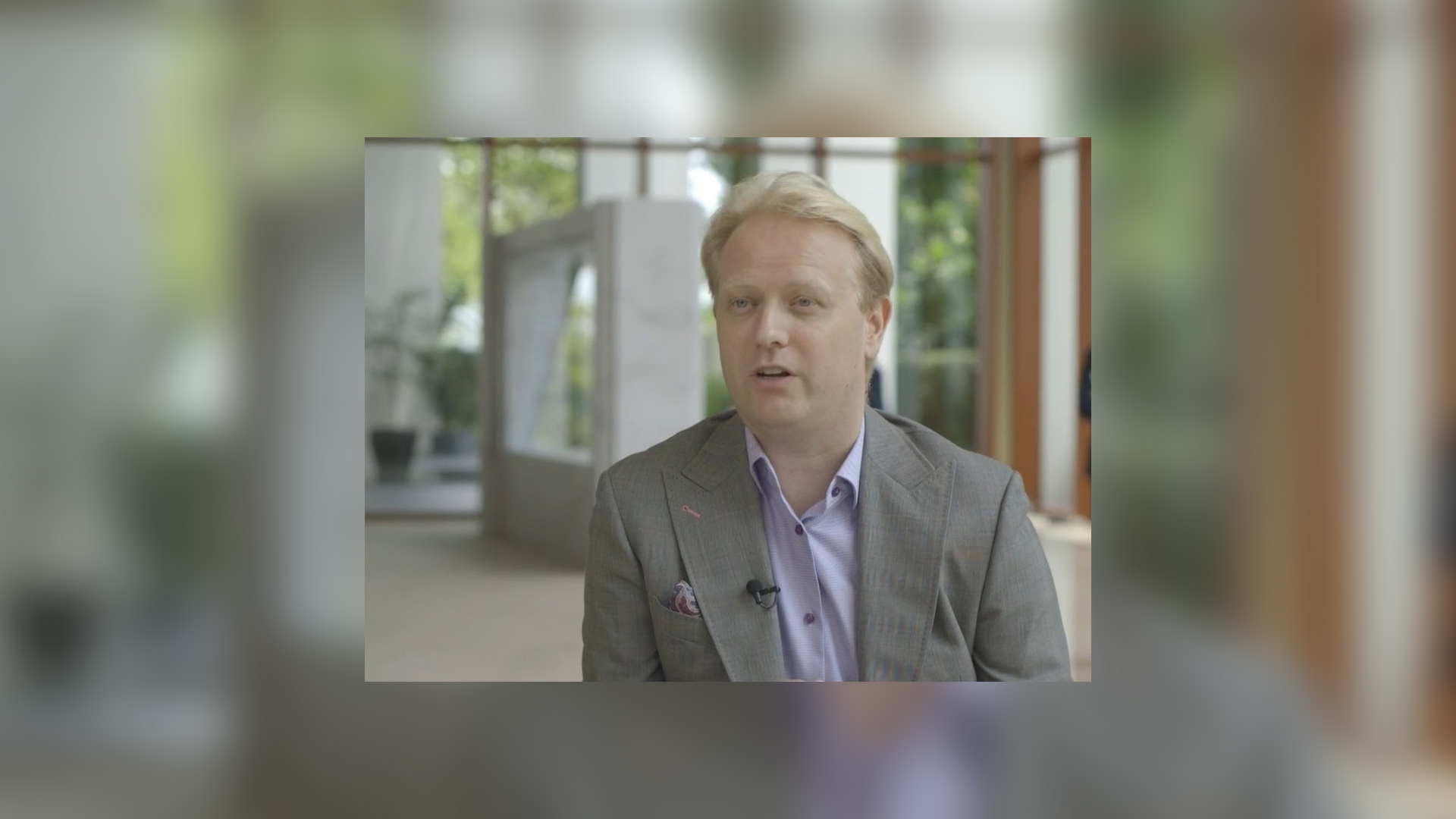

Barry Callebaut is a leading manufacturer of high-quality chocolate and cocoa products. It is a fully-vertical, integrated business-to-business company, with a strong position in cocoa-origin countries. Its products serve the entire food industry, from global and local food manufacturers to artisanal and professional users of chocolate, such as chocolatiers, pastry chefs, bakers, hotels, restaurants or caterers. Jelle spoke with us about working capital management, the challenges of regulation, technology and cyber-security during J.P. Morgan’s APAC CFO and Treasurers Forum in Singapore in September.
Jelle Goossens
Regional Treasurer, Asia Pacific

There is talk of change in the role of treasury at this forum but are you seeing treasury changing?
Treasury is becoming much more pro-active than it used to be. Practitioners today are increasingly strategic and required to dive in and understand the mechanics of the business in order to fully visualise objectives and targets. For me, that is the most important development taking place in my profession.
Related to that, is the challenge treasurers have in convincing other stakeholders across the organisation of the importance of drilling down into the business and objectives. In finance we have tools to help with that process; everyone must have clear objectives. As treasurers we need to explain to people the importance of a particular KPI and how it affects them.
I am very fortunate to be in a region where, in terms of proximity, we are very close to the various stakeholders. We can have that active dialogue, speak to people who are on the supply chain side, the sales side or the purchasing side. And that is something that, from my own experience here in Singapore, has been very enriching for personal development.
What are the biggest challenges you face as a regional treasurer?
We have challenges on a number of levels. The basic ones revolve around systems and technology. But once you transcend those – and that is what we constantly try to do with investments in technology – you have other, much more interesting challenges, especially in the Asia Pacific region.
Regulation, for example, is always difficult to navigate because you first need to understand the drivers for the regulation. That has been the case with regards to issues we faced in Malaysia recently, issues that meant we had to redesign our liquidity solution for the market. Banks play an important role in such situations – they can, for instance, offer us information on a no-name basis about developments as they see them relating to our situation. We find that any such information banks provide us always beneficial.
How big a priority is cyber-security for you?
Cyber-security is of extreme and growing importance and we are, again, thankful for the help banks provide us on this front. They are leaders in the space and invest the most in leading-edge technology to combat cybercrime so the advice we get from them is very valuable and welcomed.
Within the organisation, we have a cyber-security strategy that the advice feeds into. One of the most important elements of that strategy is making sure that all of our payment data is using straight through processing and every payment instruction is validated. We communicate internally about the risks – so it’s also about awareness.
We have seen some very sophisticated cases or scams that take advantage of people’s willingness to help, show a piece of data, extract other pieces of information, that ultimately lead to the compromising of accounts. This is a growing problem even in the B2B space, where there are examples of invoices being intercepted.
What we advise our customers is that we will never use a single route to communicate critical changes. If you see a change of payment instructions, call your sales contact. Going forward, we are looking to digitise processes even further, with a view of avoiding third parties.
What are your main priorities in the region?
In Asia we are leveraging our infrastructure by centralising certain activities. We think that is key, especially in light of the market volatility and macro events like monetary developments and tariff wars that could impact us. We believe it is important to centralise FX management because that way your knowledge base can be applied much more effectively.